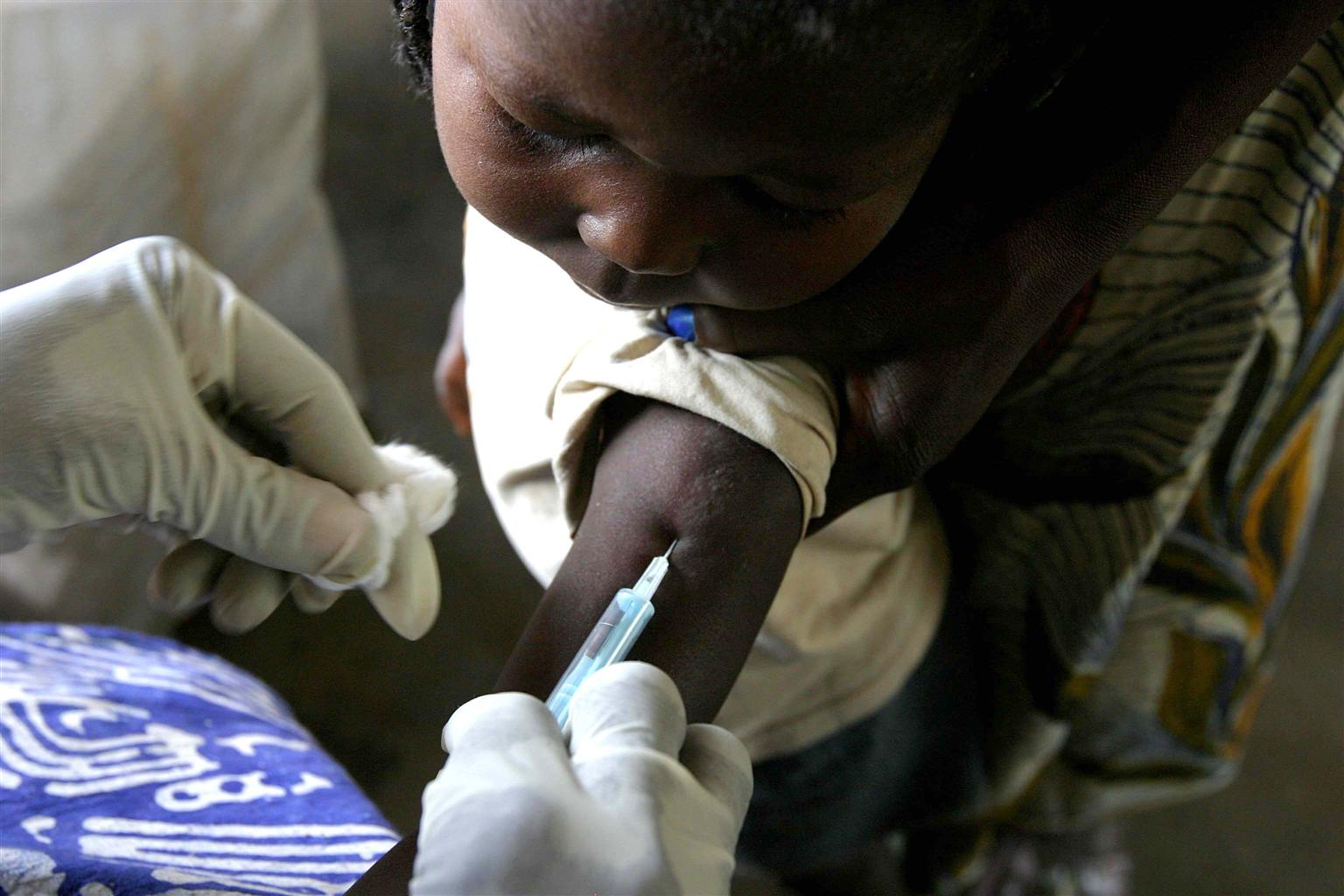
WHO Alerts To Measles Outbreak In Nigeria, Others
The World Health Organisation (WHO) has alerted to major and ongoing outbreak of measles in Angola, Cameroon, Chad, Kazakhstan, Nigeria, Philippines, South Sudan, Sudan and Thailand.
The latest preliminary reports, published Monday by the WHO, warned that measles outbreak continues to spread rapidly around the world with millions of people globally at risk of the disease.
According to the health body, in the first six months of 2019, reported measles cases are the highest they have been in any year since 2006, with outbreak straining health care systems, and leading to serious illness, disability, and deaths in many parts of the world.
There have been almost three times as many cases reported to date in 2019 as there were at this same time last year.
This follows successive yearly increase since 2016, indicating a concerning and continuing upsurge in the overall measles burden worldwide.
According to the WHO, for the period of January 1 through July 31, 2019, 182 countries reported 364,808 measles cases. For this same period last year, 129,239 measles cases were reported from 181 countries.
For the current 2019 period, the WHO African Region has recorded a 900 per cent (that is a 10-fold increase), the European Region 120 per cent (more than two-fold increase), the Eastern Mediterranean Region 50 per cent (1.5-fold increase), the Western Pacific Region 230 per cent (a three-fold increase); the South-East Asia Region and the Region of the Americas each saw a 15 per cent decrease in reported cases.
The WHO said that the largest outbreak in Nigeria and others was due to low measles vaccination coverage, currently or in the past, which has left large numbers of people vulnerable to the disease.
At the same time, protracted outbreaks are occurring even in countries with high national vaccination rates.
This results from inequities in vaccine coverage, and gaps and disparities between communities, geographic areas, and among age-groups. When enough people who are not immune are exposed to measles, it can very quickly spread.
According to the report, the reasons for people not being vaccinated vary significantly between communities and countries, including lack of access to quality healthcare or vaccination services, conflict and displacement, misinformation about vaccines, or low awareness about the need to vaccinate.



